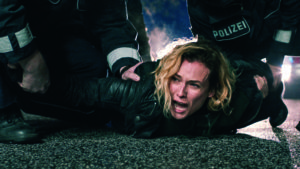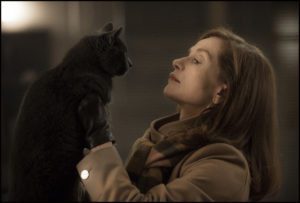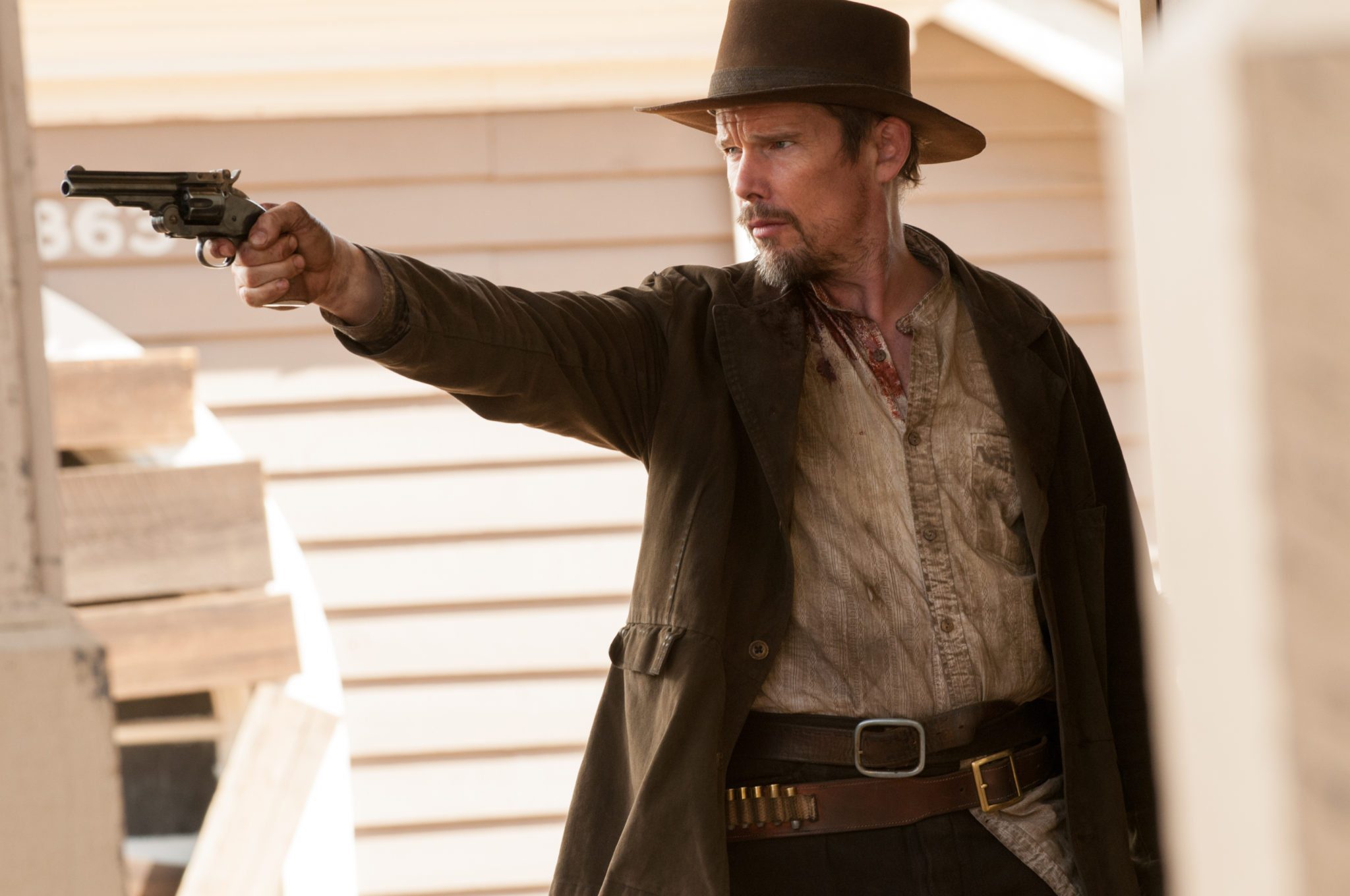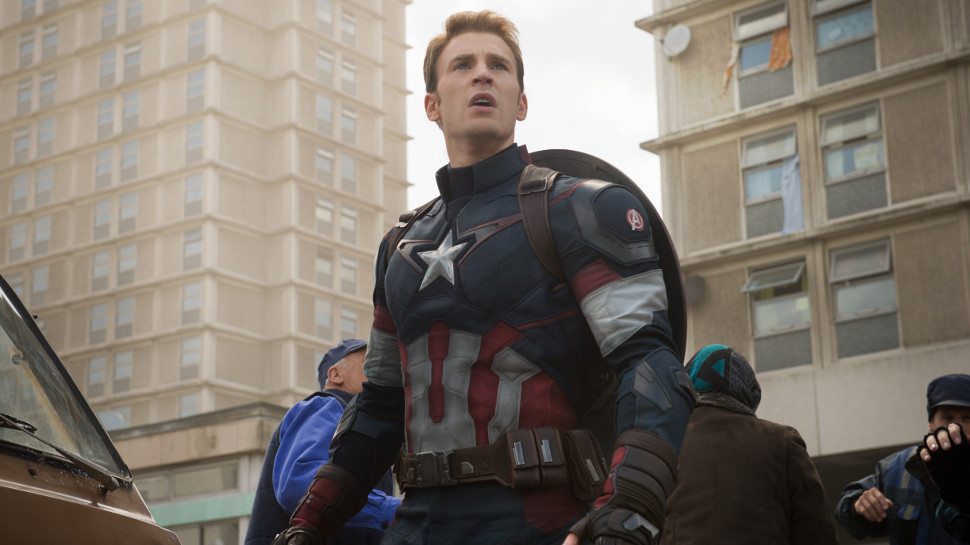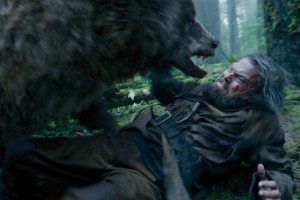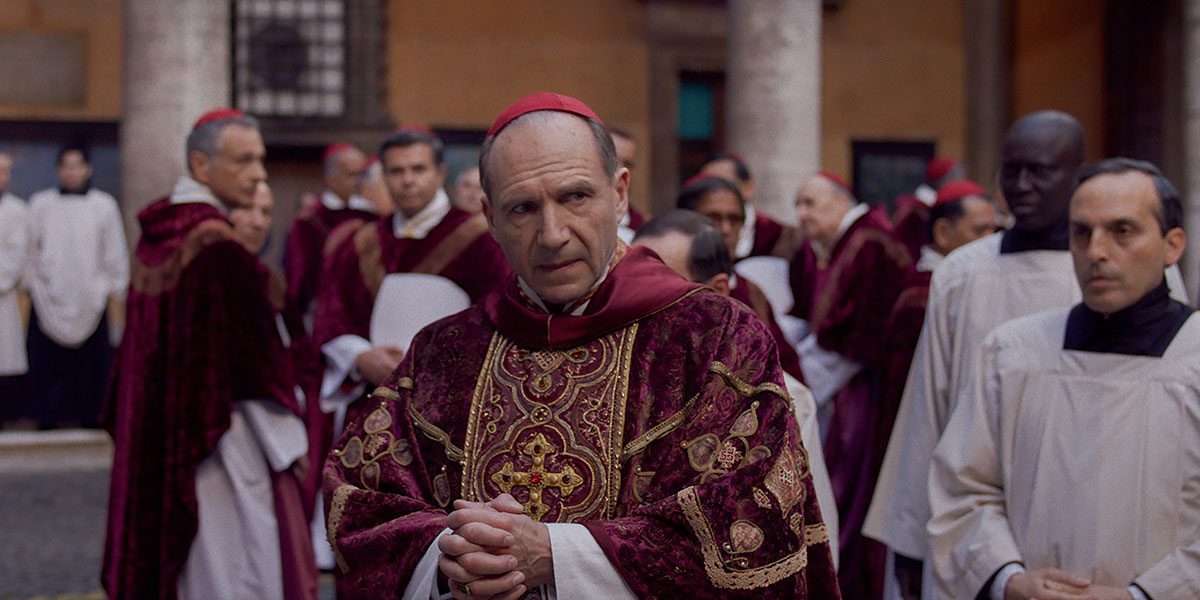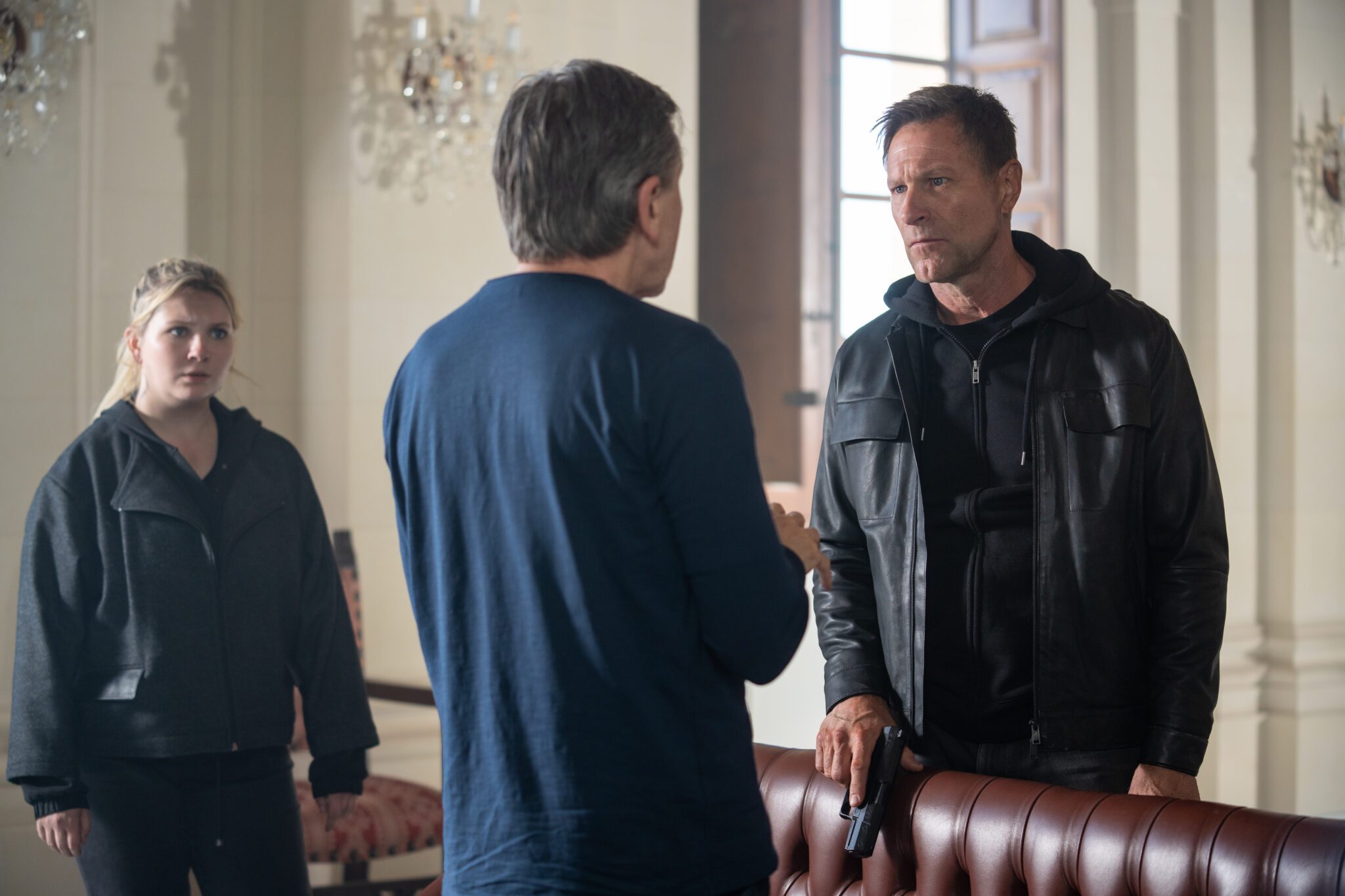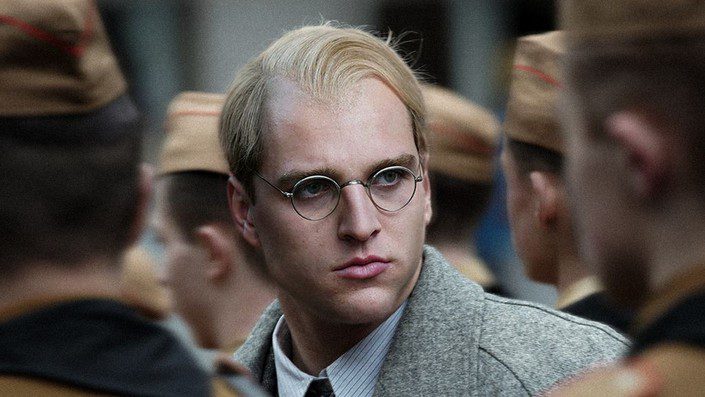?I can?t help thinking that somehow if you?d managed to hold on to me, I?d be living...
revenge
Justice. Revenge. Are they the same? Are they even related? In the Fade from Fatih Akin is...
Two lives are torn apart by a catastrophic event. When two airliners collide in midair killing everyone...
?It?s twisted.? That brief line of dialogue defines Paul Verhoeven?s Elle in more ways than one. The...
The Spaghetti Western is back! In a Valley of Violence harkens back to the films of Sergio...
A year ago, as ScreenFish was born, we rallied to cover?Avengers: Age of Ultron. I had glowing...
The Revenant?cleaned up at the Golden Globes – Best Picture, Best Director, Best Actor in a Film...


